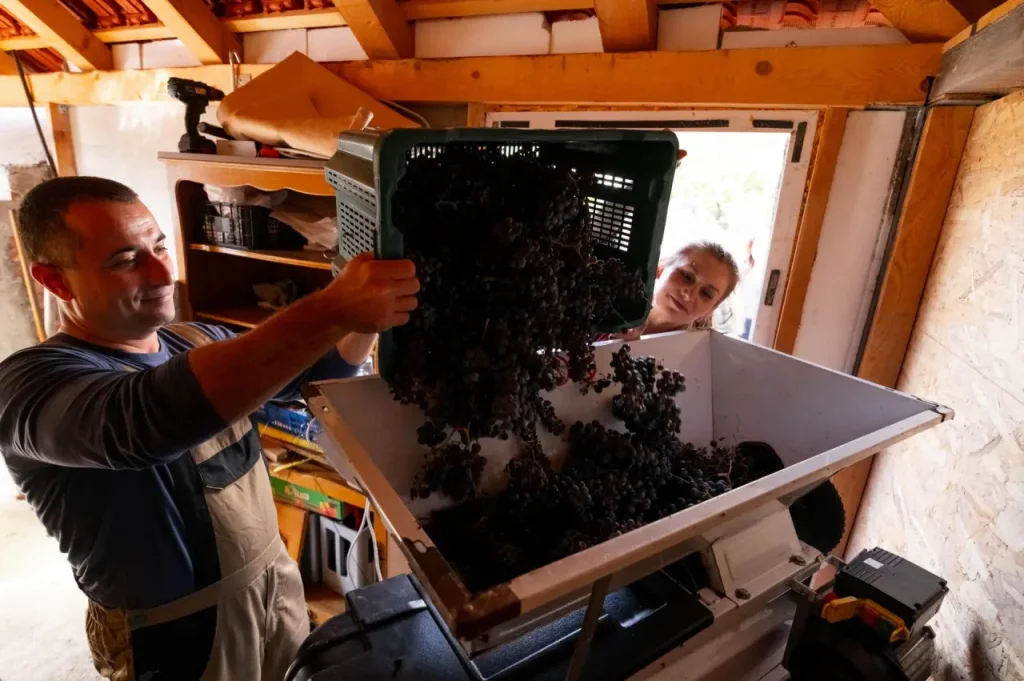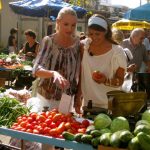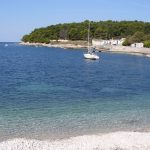The total value of the project is €3,764,695.71, with the University of Zadar having a budget of €260,034.00. The goal of the University of Zadar, as one of the partners in the Take It Slow project, is to create preconditions for the development of innovative eno-gastronomic tourism products based on the concept of the so-called “Slow food” from Ravni kotari, reports HrTurizam.hr.
“This project is designed to strategically manage and promote the Adriatic as a sustainable, green, and smart European tourist region, through the establishment of a value chain in tourism based on the principles of smart specialization. The Adriatic Sea is surrounded by many small communities, both on islands and in coastal and inland areas, and the lifestyle of these communities is still mostly in harmony with the environment and has remained authentic and based on traditional knowledge and skills,” concluded the University of Zadar.
The project will develop solutions for the management of micro-tourist destinations, to encourage local communities to actively engage in finding solutions related to the impact that tourism has on them, but also to preserve their natural and cultural heritage and lifestyle.
“The project will also develop tools that will help respond in a timely manner to the demands of the tourism market, in order to balance the seasonality of tourism activities in natural and cultural heritage sites. As the project is carried out in collaboration with scientists and the local community, it will be based on different lifestyles research and different aspects of tangible and intangible and cultural and natural heritage in micro areas. This is exactly the role of the University of Zadar, as a research-oriented educational institution that connects scientific research and projects”, states the University of Zadar.
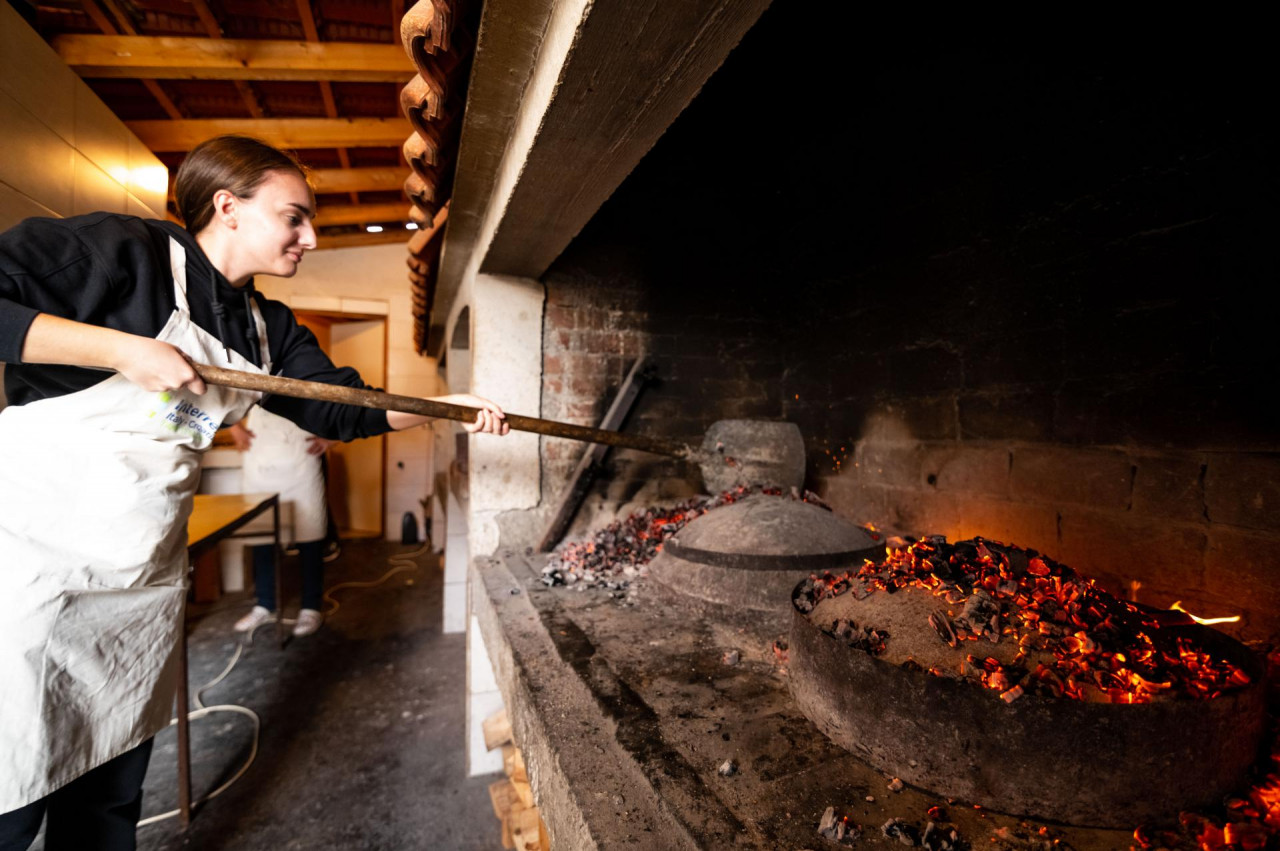
Photo: Toni Opacic
The University of Zadar, through the Take It Slow project, decided to focus on the micro area of Ravni kotari, with special emphasis on tangible and intangible heritage and natural and cultural heritage related to the traditional gastronomy of the area.
This tourist destination within Zadar County has an exceptional potential for growth, as it is characterized by a unique and very rich attraction base. The development of this area can contribute to reducing seasonality, but also relieving tourist destinations in the coastal area of Zadar County, as there are opportunities for the development of various tourist products that are not based on sun and sea resources, especially in the form of so-called slow eno-gastronomic tourism.
Throughout this area, home-grown ingredients are grown and from which traditional dishes are prepared, whose recipes have been preserved since ancient times. Prisnac, priška, and vara are old dishes of this region.
Prisnac or shepherd’s cake is a traditional dish made from ordinary dough – flour, water, and salt, and the mixture is cheese, eggs, and shellfish and baked under the oven. Ravni kotari also has the oldest tune “orzanje” (orcanje) sung and played on the oldest traditional instruments in the area of Bukovica and Ravni kotari. Precisely such dishes and the experiences associated with them are the basis for the development of quality slow, green, and sustainable tourist offers, not only in the area of Ravni kotari, but the wider Zadar region.
“Active involvement of the local community is the basis for achieving the defined goals of the project, so each project partner has created a database of key regional stakeholders involved in value chains in tourism and formed advisory local stakeholder groups relevant to the selected micro-tourist destination. In addition, a database of examples of good practice was created and a list of organizations operating in accordance with the principles of the so-called slow tourism at the project level”, the University of Zadar points out, whose working group developed a methodology for assessing cultural and natural heritage and analyzing the strategic framework, a methodology for developing smart action plans, which is adapted for use by all project partners. These documents serve to help develop a smart strategic framework in tourist destination management.
In order to strengthen the capacity of various stakeholders involved in the implementation of project activities in selected pilot areas, the University of Zadar organized three workshops on smart specialization in green, the so-called slow and sustainable tourism, in which over 200 participants participated. Participants were introduced to the concept of smart specialization, frameworks for business innovation, and many other concepts needed in the value chain in tourism, to be able to actively participate in the decision-making process in the destination and become a driver of competitiveness in their destination.
Preparations have begun for the implementation of thematic scientific research in the area of Ravni kotari with the aim of determining the strengths and weaknesses of the eno-gastronomic offer of the area, as well as opportunities for the development of tourist offer based on such resources. After conducting the research, the necessary data analysis will be performed, and the obtained results will be presented to key regional stakeholders, the advisory local group of stakeholders from the practice of Ravni kotari, but also to other interested public.
In October, professors and students of the University of Zadar and their guests had the opportunity to get acquainted with the production and preparation of traditional food and beverages in Ravni kotari.
Since the Take It Slow project seeks to improve accessibility, but also to promote the slow tourist experience of tangible and intangible heritage, the program began with a tractor ride to the vineyards and olive groves of the Butić family, and students had the opportunity to show their competitive spirit in the grape harvest, pulling ropes and carrying eggs in a spoon. Students and professors then showed their agricultural skills in planting seedlings of one of the “three Graces of Dalmatia” – figs, fruits characteristic of this region.
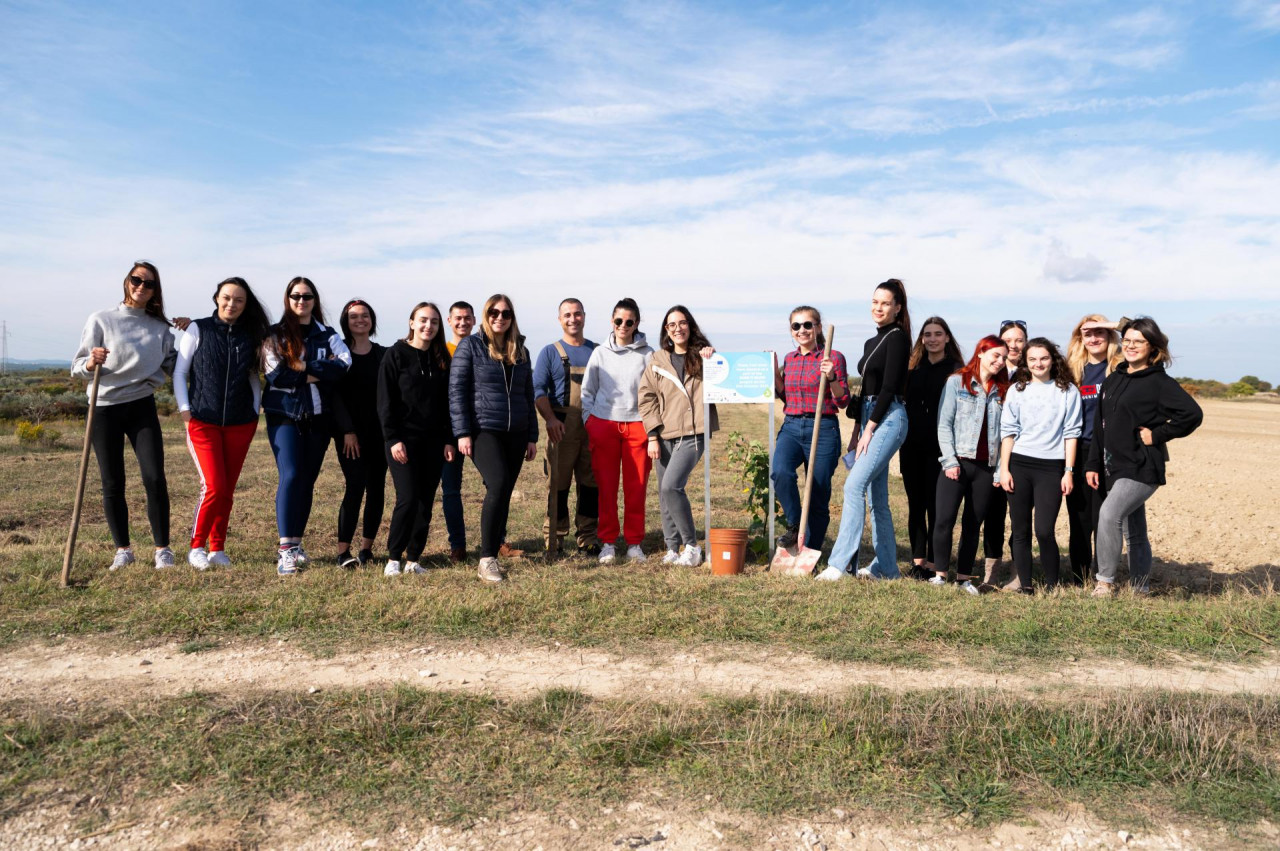
Photo: Toni Opacic
The University of Zadar, as a scientific institution, also has an advisory role in the implementation of research conducted by other project partners. The definition and development of instruments and policies for the diversification of the tourist offer based on natural and cultural heritage, measures for testing these policies, as well as their monitoring systems, which will be implemented at the level of the entire project partnership.
Next year, cooking workshops are planned based on traditional recipes and foods from the area of Ravni kotari, in order to strengthen the capacity of the catering tourist offer in Zadar County. A study trip to the Basque Culinary Center is also planned, with the aim of improving the knowledge of key stakeholders in the field of gastronomy in tourist destinations.
The goal of all planned events is to strengthen the capacity of stakeholders in the micro area of Ravni kotari, but also the wider Zadar County so that the local community is actively involved in decision-making processes in these areas, and to develop these areas into sustainable, green and smart tourism destinations where a value chain in tourism will be established based on the principles of smart specialization.
For more about the Zadar region, be sure to check Total Croatia’s guide.
For more, check out our dedicated travel section.

